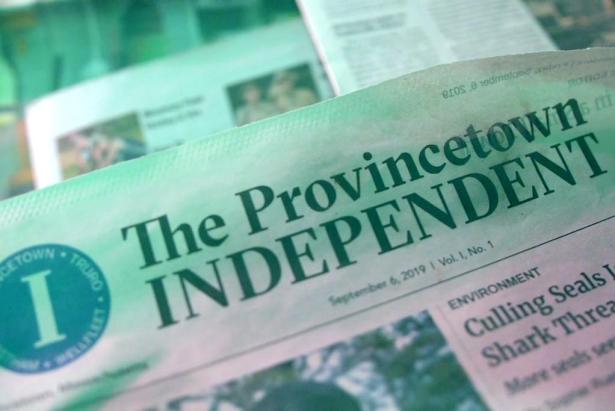A nonprofit group dedicated to rescuing local newspapers from either collapse or private equity pillaging is buying 22 local papers in Maine. The National Trust for Local News, founded just two years ago, will purchase five of the state’s six dailies and 17 weeklies from a private company called Masthead Maine owned by Reade Brower, who made his money in direct mail. (How one guy managed to get control of all the important newspapers in a state is a story for another day.)
The Prospect has long been interested in the takeover of local papers by private equity companies. In 2017, I wrote an investigative piece with Ed Miller titled “Saving the Free Press From Private Equity.” We were reporting on a sickening trend with immense implications for democracy and civic life.
As daily newspapers became less profitable with the rise of online competitors for both news and ad revenue, private equity operators were swooping in and buying up papers by the thousands, and making profits by paring staff and news coverage to the bone. Since then, the venerable Gannett chain was bought by GateHouse, one of the most predatory of the private equity outfits, which took over the Gannett name.
But there was a silver lining to our story that had not yet come to fruition: Local dailies and weeklies could actually turn a profit with well-staffed newsrooms if owners could be satisfied by returns in the 5 to 10 percent range rather than the 15 to 20 percent that was typical in the pre-internet era and that is demanded by private equity players. Despite the internet, local merchants still rely heavily on display ads, which are profit centers. And well-run local papers attract more display ads.
Since then, there has been a slowly growing movement to save the local press by returning it to community or nonprofit ownership. My friend and co-author Ed Miller has gone on to found an exemplary weekly, The Provincetown Independent, which has thrived at the expense of the GateHouse-owned Provincetown Banner, which has lost most of its staff and circulation. Between 2017 and July 2022, over 135 nonprofit newsrooms were launched, according to the Institute for Nonprofit News.
Another hopeful sign is that even by laying off staff and reducing coverage, private equity companies are not making the money they hoped for, so some of these papers are on the auction block and can be saved. Maine is not a typical case, since Reade Brower is a relatively benign monopolist and was willing to work with the National Trust for Local News.
The trust, still in its infancy, has an operating budget of only about $1 million, which means it does not have its own money to finance community buyouts. The terms of the deal were not disclosed, so it’s not clear whether the trust found a benefactor or whether Brower is selling the Maine papers for a nominal sum.
The Trust uses a variety of ownership models. Its first major deal was in Colorado, where it now owns 24 local newspapers in that state in collaboration with The Colorado Sun. It has funders that include the Gates Family Foundation, the Google News Initiative, and the Knight Foundation. The MacArthur Foundation also recently announced a major initiative to save local news.
This is the beginning of a very hopeful trend to save priceless civic assets from predatory capitalism at its worst.
Robert Kuttner is co-founder and co-editor of The American Prospect, and professor at Brandeis University’s Heller School.
Read the original article at Prospect.org.
Used with the permission. © The American Prospect, Prospect.org, 2023. All rights reserved.
Click here to support the Prospect's brand of independent impact journalism.


Spread the word